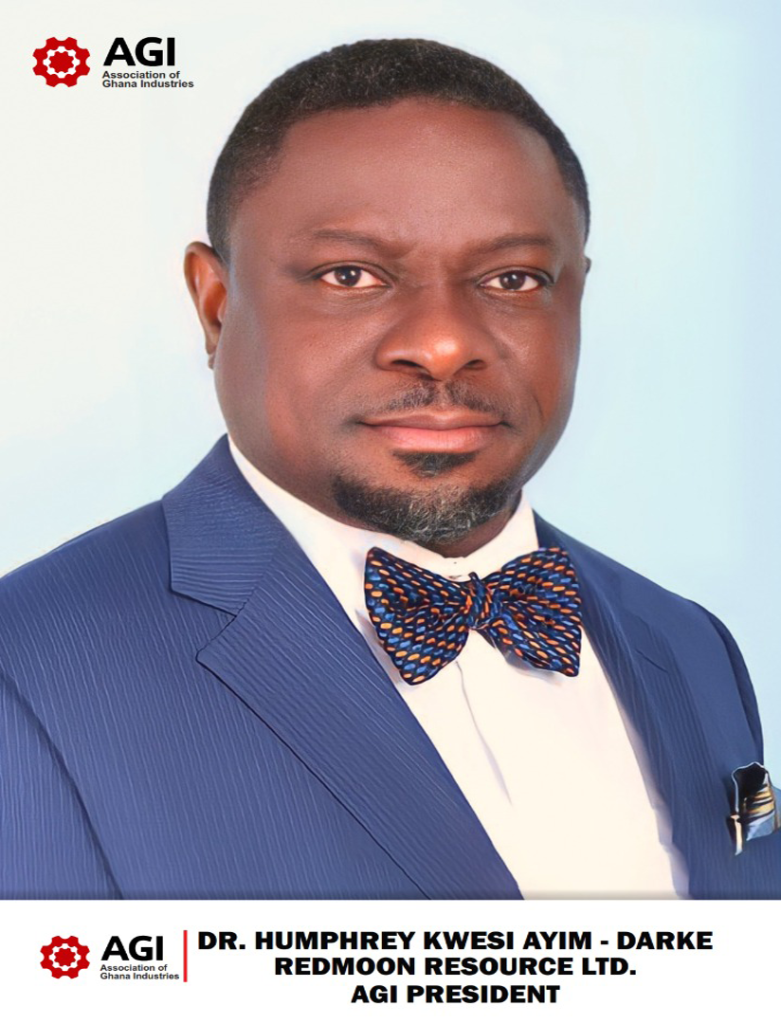By Albert Oppong-Ansah
Accra, March 7, GNA – Dr. Humphrey Ayim-Darke, President of the Association of Ghana Industries (AGI), has appealed to President Nana Addo Dankwa Akufo-Addo to inaugurate the members of the Ghana Nuclear Power Programme Organisation (GNPPO) to “pace up” the establishment of Ghana’s proposed nuclear power plant.
He said the processes leading to the constitution of GNPPO advisory, supposed to have oversight responsibility of ensuring that policies were in place for the smooth implementation of the nuclear power programme, were “too slow” though the GNPPO was technically effectively working.
“Following keenly, we know that the team working on the strategic vendor identification and type of technology analysis has submitted its work, however, the process has stalled because there is no GNPPO advisory to provide guidance,” Dr Ayim-Darke told the Ghana News Agency in Accra.
“It is of great concern to us as a key stakeholder whose work depends largely on power.”
The constitution of the GNPPO, responsible for coordinating mechanisms and directing the Ghana nuclear programme, is in line with the International Atomic Energy Agency (IAEA) technical requirements.
The AGI President said President Akufo-Addo’s directive to re-position and restructure the GNPPO for effective management demonstrated the government’s commitment to the nuclear programme implementation, but required expedited action to accelerate it.

Dr Ayim-Darke stated that the GNPPO had a set of responsibilities, including ensuring that the contracting approach and technical specifications remained consistent with the country’s nuclear power development strategy, but there was no GNPPO advisory in place.
“We acknowledge the huge investment involved in such a venture, but once we have agreed to include it in our energy mix due to its benefits, it has to continue,” he said.
“Already, milestone 1 under IAEA milestone approach has been achieved and a preferred site selection has been done, so nothing must hinder us.”
Dr Ayim-Darke said for the country to realise its industralisation agenda, there must be a stable and affordable baseload, explaining that if the nuclear power did not come on stream, there might be a power shortage based on the project rate of expansion of five to 10 per cent per year.
Proposed responsibilities of the GNPPO include undertaking promotional roles for the nuclear power programme in the country through the Ministries and Agencies, ensuring that policies are made to support the establishment of the nuclear project according to best international practices, and key organisations are well-staffed and resourced.
The GNPPO is to ensure that the necessary infrastructure issues (covering all 19 infrastructure issues) are addressed to the point of complete readiness to meet nuclear regulatory standards and international best practices and approve programme documents used for programme implementation.
Ghana in its quest to access affordable and stable power to industrialise sustainably as well as to meet the global energy transition from fossil fuel to clean energy is seeking to include nuclear power in its energy mix.
Already France, United States of America (USA), Russia, and China have shown interest by presenting their bids to partner Ghana in the over 80-year nuclear power journey.
Ghana is looking at a large reactor (1,000-1,200 megawatts) and a small modular reactor (about 300 megawatts) for its nuclear power plant.
Experts say Ghana has exhausted its hydro base as an energy source and needs to explore other clean options such as nuclear power that has a long- term energy security, devoid of environmental challenges that compromise the development of future generations.
The Nuclear Projects will help the country achieve its climate plans under the Paris Agreement.
GNA